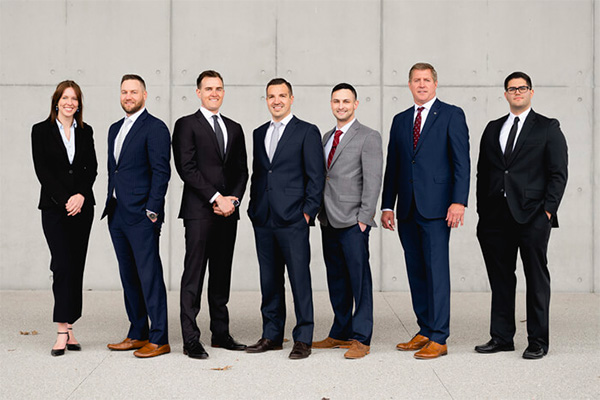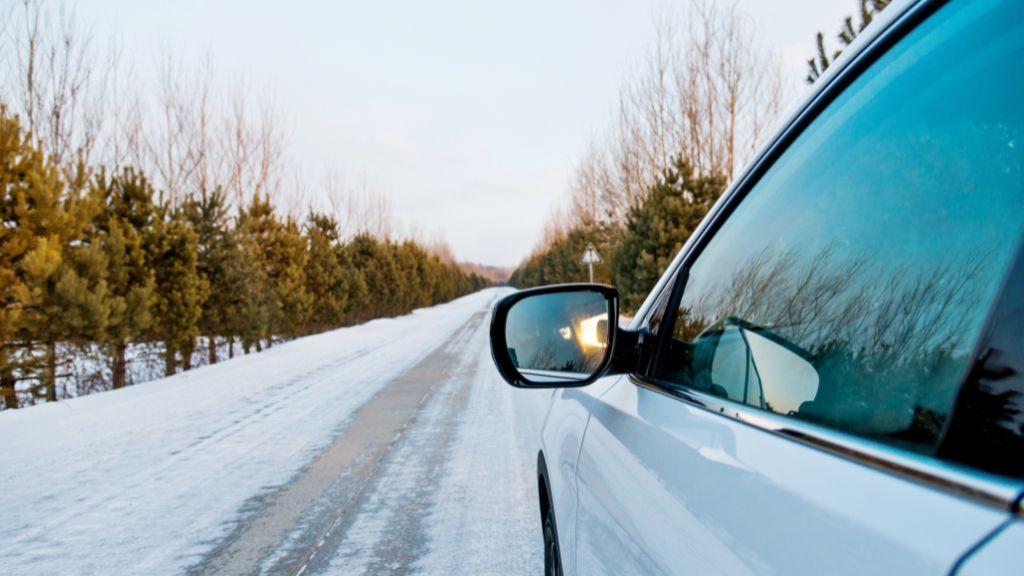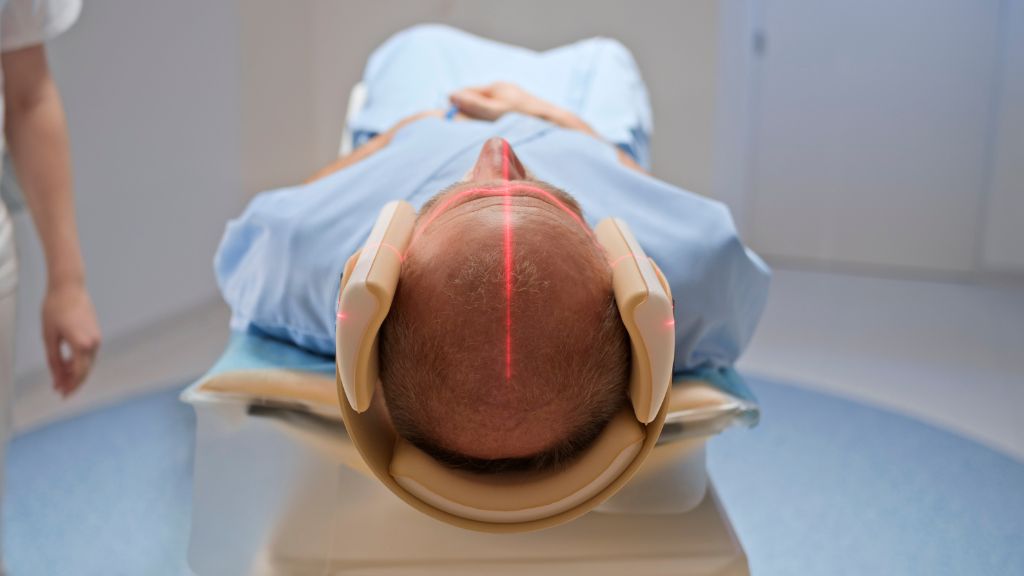You’re driving 55 mph down Highway 275 when traffic suddenly slows to a crawl. Up ahead, a combine crawls across both lanes. With cars stacking behind and impatient drivers trying risky passes, it only takes one mistake for disaster to strike.
Crash data highlights the risk of farm equipment on Nebraska roads. October is the third most dangerous month for collisions statewide, with harvest traffic contributing to dozens of crashes yearly. In 2020 alone, there were 68 farm-equipment-related accidents, including three fatalities and 22 serious injuries.
A mid-sized harvester can weigh 25,000 pounds compared to a 4,000-pound car. In a collision, the smaller vehicle absorbs most of the force, often with devastating results.
Read on to learn the risks of traveling alongside these massive machines and tips for staying safe on rural roads. Our experienced Omaha car accident lawyers can help you pursue a fair settlement if you’re hurt in a crash.
Increased Dangers of Harvest Season
While golden wheat fields and busy farm roads signal harvest time, they also bring unique risks to rural drivers. Here’s why accidents are more common during this season:
- Slow-Moving Vehicles: Farm equipment often crawls at less than 25 mph. On state highways where traffic flows at 45 mph or faster, speeding cars have little time to react to a sudden slowdown, increasing the chance of rear-end collisions.
- Oversized Equipment: Harvesters and grain carts can stretch 12–15 feet across, taking up more than a single lane. On narrow rural roads, drivers may be forced onto the shoulder or into oncoming traffic to pass.
- Blocked Visibility: Tall loads of corn or hay stacked on trailers can hide smaller cars behind them, while large equipment cabs limit what farmers can see in their mirrors. Both increase the odds of a dangerous blind-spot collision.
- Unexpected Turns: Farmers frequently turn into field drives that aren’t marked like standard intersections. Without clear signals, following drivers may not anticipate sudden braking or wide left turns.
- Road Debris: Mud dropped from tires or spilled grain on the asphalt can make surfaces slick, leading to skids and loss of control, especially at higher speeds.
Determining who is legally responsible isn’t always straightforward when these hazards result in accidents.
Who’s Liable for Damages in a Crash Involving Farm Equipment?
In Nebraska, accident liability depends on who failed to act safely. One party may be responsible, or both may share fault under the state’s contributory negligence rule.
These examples show when each might be liable:
|
Liable Party |
When Fault May Apply |
Example |
|
Farmer |
Fails to follow safety rules for equipment on public roads |
No slow-moving vehicle emblem, no lights at dusk, or turning into a field without signaling. |
|
Motorist |
Drives unsafely around slow or oversized machinery |
Tailgating a tractor and ending up in a rear-end collision. |
|
Another Driver |
Actions create a chain reaction leading to the collision |
Colliding with oncoming traffic while trying to overtake a tractor in a no passing zone. |
When poor road design or defective parts cause the collision, you may also have a claim against the city or an equipment manufacturer. An Omaha car accident lawyer can help determine who may be at fault after a crash.
Tips for Sharing Roads with Farm Equipment
Harvest season sees a rise in slow, oversized machinery on Nebraska roads, but drivers can reduce the risk of injury with a few adjustments.
Follow these tips:
- Give yourself a few extra car lengths between you and slow moving or oversized vehicles. That space could save you if the vehicle ahead turns suddenly.
- Stay out of blind spots behind, beside, and in front of farm equipment. Operators cannot see you there.
- Wait to pass until you reach a clear, legal zone. Never attempt it on a narrow two-lane or blind hill.
- Watch for equipment drifting right. It may be setting up for a wide left turn into a field.
- Reduce speed on rural roads. Machinery can enter without warning, especially at dawn or dusk.
- Approach mud or spilled crops slowly. Debris on the pavement can cause you to skid or lose control.
These precautions give drivers the time and space to avoid severe wrecks during harvest.
Protect Your Rights After a Collision With Farm Machinery
Collisions with farm equipment are often severe, leaving victims with high medical costs, lost income, and long recoveries. At MSMC Injury Lawyers, our team investigates the crash to determine who was at fault.
We can collect official reports, interview witnesses, and consult with experts to build a strong case for maximum compensation to cover your medical expenses, lost wages, and other damages.
If you or a loved one has been injured in a farm equipment accident, contact our attorneys in Omaha today for a Free Consultation*. We’ll review your case and explain your settlement options.
Categories

Providing Unmatched EXPERIENCE On Your Case When you find yourself in a situation where you’ve been treated unfairly or you’re in the middle of a legal disagreement, it can be difficult to know what your rights are and how to proceed.







